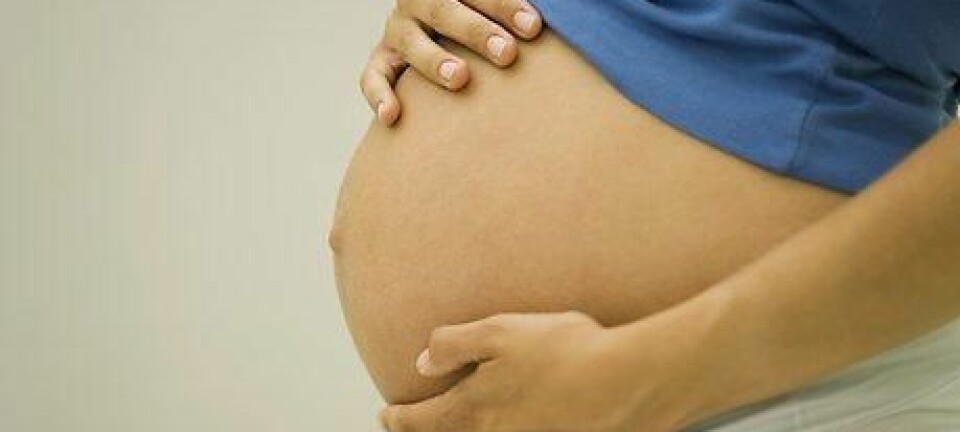
Antidepressants in pregnancy do not cause autism
Contrary to recent research, a comprehensive new study shows that the use of antidepressants during pregnancy does not increase the risk of autism in the child.
A new Danish study, which is the largest one of its kind, has found no correlation between a pregnant woman’s use of antidepressants and children born with autism.
This runs contrary to an international study from 2011, which showed that pregnant women who take antidepressants are at a five-fold risk of giving birth to children with autism.
”The previous studies have looked at antidepressants and the risk of giving birth to a child with autism, but they have not taken into account the fact that the women who take the medication are a different group from women who do not take the medication,” says Jakob Christensen, MD, of Aarhus University’s department of Neurology and Aarhus University Hospital.
Psychological diagnoses play a part
In the new study, the initial results showed that pregnant women on antidepressants have a 2-percent risk of giving birth to a child with autism, whereas those who did not take antidepressants had a 1.5-percent risk.
However, after having taken psychological diagnoses in the parents and their siblings into account, the risk turned out to be statistically insignificant.
”Since the risk as a result of the medicine was insignificant, there had to be something else that caused the increased risk in the group of women who took antidepressants,” explains Christensen.
Hard to tell whether patients actually take the medicine
The new study is a so-called register study in which the researchers have examined data from more than 600,000 Danish children born between 1996 and 2006.
”We have been able to see not only who had been given the medicine because they have been hospitalised with depression, but also who had been given a prescription for something milder such as anxiety, and then we could take these factors into account,” he says.
This method has given the scientists access to a great amount of data, but there are also drawbacks to this method:
“Unfortunately, we cannot say with certainty that the women who bought the medicine at the pharmacy also actually ingested it. Most of them have, however, said that they ingested it, but we cannot say how many of them may have stopped taking it during their pregnancy.”
Other risks remain
Although autism appears to be ruled out, Christensen says there is still an increased risk of other problems for the child if the women takes antidepressants during pregnancy.
“There may be anomalies, but this happens so rarely that it is difficult to say whether it’s just coincidence.”
He therefore believes that doctors still need to be careful when prescribing antidepressants to pregnant women:
“On the other hand, we must not forget that it can also be dangerous to have a depression during pregnancy.”
Further studies needed
According to the Danish researchers, more children are diagnosed with autism and more women are given antidepressants during pregnancy, and that has led scientists to believe that there was a correlation.
”Unlike other studies, ours does not show this correlation, when we take into account other factors than just the medicine,” says Christensen, who is nevertheless reluctant to dismiss the possibility that there may be a correlation after all. He therefore encourages other researchers to carry out similar studies to see if they arrive at the same results.
----------------------
Read the Danish version of this article at videnskab.dk










